Speech is crucial in the complex journey of childhood development. Parents are frequently faced with dilemmas regarding pacifiers and bottle feeding while being unaware of the potential impact on their child’s speech development. This article looks into the complexities of early speech acquisition, examining how pacifiers and bottle-feeding habits affect a child’s linguistic journey.
Early speech development is a complicated process that occurs during a child’s formative years. Parents, caregivers, and educators all play important roles in fostering this component of a child’s development. The use of pacifiers and bottle feeding is notable among the many factors that influence speech development. Understanding the subtle dynamics of how these behaviors effect early speech is critical for parents who want to give their children the greatest possible support.
The Importance of Early Speech Development

Identifying the Importance of Early Speech Development in a Child’s Overall Development:
Early speech development is essential for a child’s overall growth and development. The formative years establish the groundwork for language abilities that go beyond simple communication. Language proficiency in early childhood has a substantial impact on a child’s cognitive, emotional, and social development. When a youngster learns to express his or her thoughts, feelings, and wants verbally, they are engaging in a cognitive process that stimulates brain development and improves general learning ability.
Exploring the Relationship Between Early Speech Skills and Future Academic and Social Success:
The development of early speech abilities is inextricably linked to a child’s future scholastic success and social interactions. Children with good language skills in their early years tend to perform academically as they progress through school, according to research. Furthermore, excellent communication is critical in developing positive social interactions. Children who develop early speech proficiency are better suited to engage with peers, teachers, and, subsequently, coworkers and friends, encouraging a sense of confidence and competence.
Highlighting the Role of Parents and Caregivers in Fostering a Speech Acquisition-Friendly Environment:
Parents and caregivers are crucial in providing an environment that promotes early speech development. A child watches, imitates, and absorbs language patterns from their immediate surroundings beginning in infancy. The amount and quality of verbal contacts in the home have a substantial impact on a child’s language learning. Conversations, reading aloud, and introducing youngsters to a diverse vocabulary all add to their environment’s linguistic richness. Furthermore, responsive and attentive caregivers increase a child’s sense of security, establishing a favorable emotional environment that promotes speech development.
Essentially, the importance of early speech development goes beyond the ability to express words. It includes a complete framework for intellectual, emotional, and social development, emphasizing the critical role that parents and caregivers play in establishing the foundation for a child’s future success.
What are the Pacifiers? Understanding their Influence on Speech
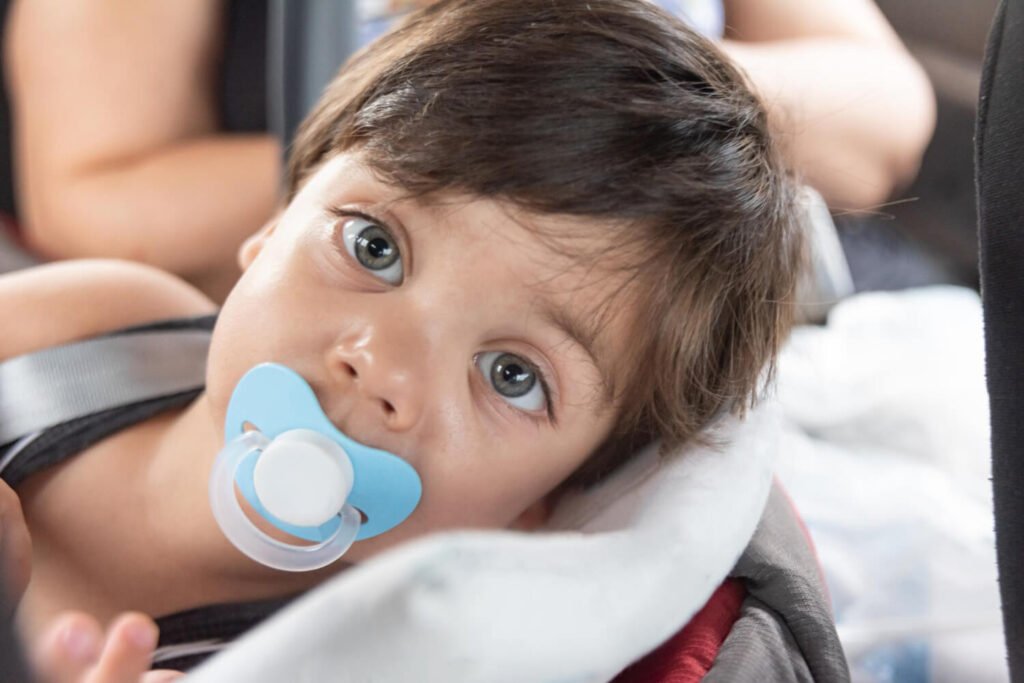
Pacifiers, also known as soothers or binkies, have been a popular newborn soothing item for years. The first step in examining the possible impact of pacifiers on speech development is to understand their widespread use in early childhood. This investigation looks at cultural norms, parental preferences, and the prevalence of pacifier use in diverse demographics.
Uncovering the Potential Benefits and Drawbacks of Pacifier Use:
While pacifiers are frequently used as a calming tool for infants, it is critical to understand the potential benefits and risks of their use. Pacifiers may have a relaxing impact on babies, provide comfort during sleep, and may reduce the risk of sudden infant death syndrome (SIDS). On the other hand, disadvantages may include worries about dental development, dependency issues, and, most importantly for our purposes, the impact on speech development.
Investigating Research Studies on the Relationship Between Prolonged Pacifier Use and Speech Delays:
The investigation intensifies as we look into research papers that have studied the complicated relationship between chronic pacifier use and potential speech impairments. This entails a careful examination of scientific findings, taking into account variables like as the duration and intensity of pacifier usage, specific speech milestones, and any apparent delays in speech acquisition. Understanding the subtleties of these studies is critical for gaining a well-rounded perspective on how pacifiers may influence the delicate process of speech development in early life.
Key Points to Consider:
- While pacifiers can provide comfort and have potential benefits, the duration and frequency of usage should be carefully considered.
- The conclusions of research may differ, and determining the exact features of speech affected by pacifier use is critical.
- Parents and caregivers should be aware of individual differences and seek individualized advice from pediatric doctors based on their child’s specific needs.
We may obtain a full grasp of how this popular soothing item may influence the complicated path of speech development in a child’s early years by evaluating the prevalence, advantages and downsides, and scientific insights into pacifier us
Bottle Feeding and Its Impact on Speech Development

The Prevalence of Common Bottle Feeding Practices:
Bottle feeding is a common practice in early life, with many different ways and behaviors. Understanding the various bottle feeding tactics used by parents, including as placement, duration, and bottle design, is critical in understanding the possible impact on a child’s speech development. We can find patterns and trends in common behaviors that may help us understand the relationship between bottle feeding and speaking results.
Understanding Bottle Feeding Mechanics and Potential Effects on Oral Motor Development:
Bottle feeding requires delicate coordination of the oral muscles, tongue, and lips. Insights can be gained by delving into the specifics of how bottle feeding affects oral motor development. During bottle feeding sessions, this includes investigating the muscle movements involved in sucking, swallowing, and breathing. Understanding the subtle interplay of these elements helps to provide a more complete picture of how bottle feeding habits might alter the oral motor abilities that drive speech development.
Examining Research on the Relationship Between Prolonged Bottle Feeding and Speech Difficulties:
Scientific study is critical to understanding the complex association between prolonged bottle feeding and potential speech difficulties. We can obtain a better understanding of the empirical evidence supporting or opposing the hypothesis that protracted bottle feeding may contribute to speech issues by evaluating relevant studies. This step entails investigating methodology, sample sizes, and decisive findings to determine the scientific community’s consensus on the influence of prolonged bottle feeding on speech development.
The Complicated Interplay of Oral Motor Skills and Speech
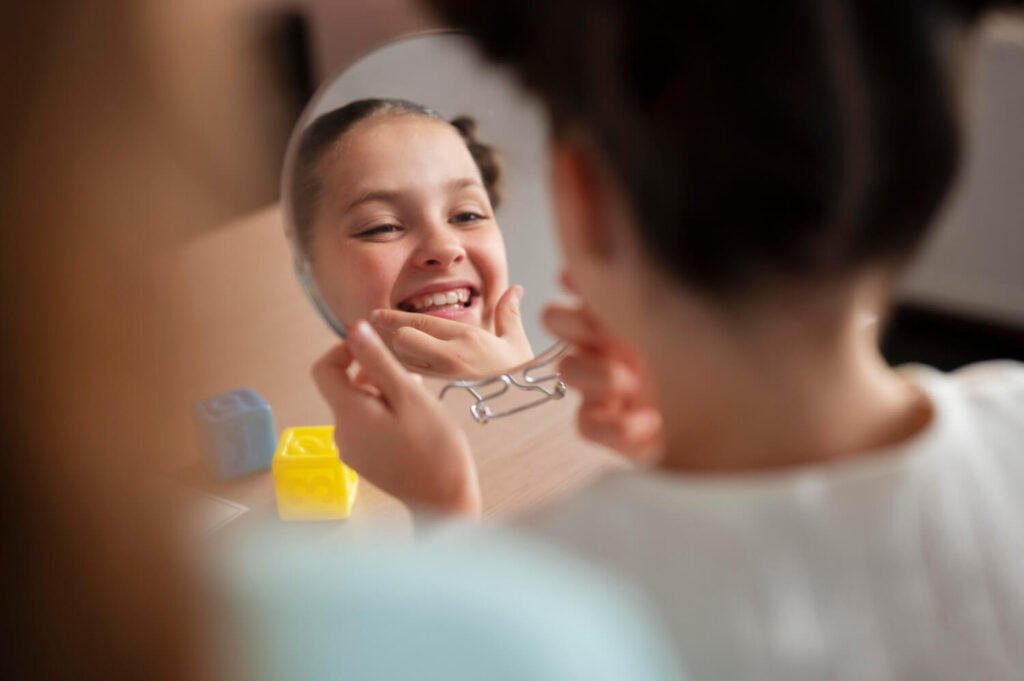
Investigating the relationship between oral motor abilities and speech sound development:
- Oral motor abilities include the coordinated motions of the mouth, tongue, lips, and jaw. These abilities are essential for effective speech production.
- The investigation entails determining how the precision and agility of oral motor movements contribute to the clarity and correctness of speech sounds.
- According to research, children with well-developed oral motor skills have more eloquent and understandable speech.
Discussing the impact of pacifier and bottle feeding habits on the development of oral motor skills:
- Pacifier and bottle feeding require different oral motor actions than spontaneous nursing or cup sipping.
- The use of pacifiers or bottles for an extended period of time may have an impact on the development of oral motor skills by fostering specific muscle patterns and habits.
- Examining how these behaviors influence oral motor coordination reveals potential influences on speech articulation.
Insights on the role of tongue and lip movements in the development of speech proficiency:
- The complex dance of the tongue and lips is essential for producing diverse speech sounds, such as consonants and vowels.
- Insights investigate how early habits, like as prolonged pacifier usage, may affect the range of motion and strength of these articulators.
- Understanding the function of tongue and lip motions gives information on possible links between early habits and speech ability.
Strategies for Promoting Early Speech Despite Pacifier and Bottle Feeding
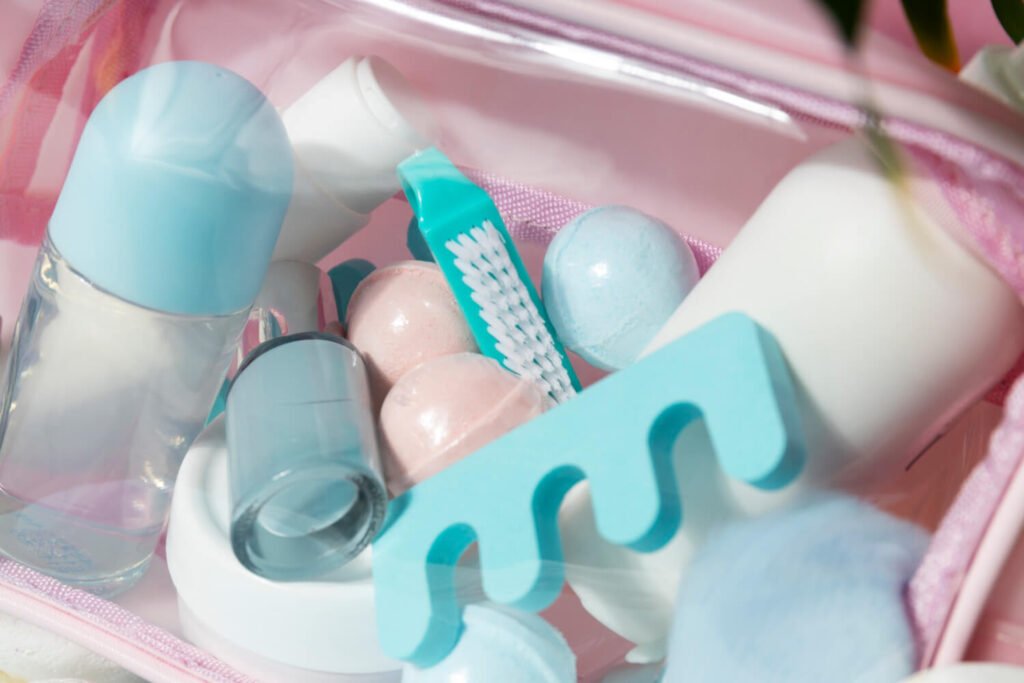
Practical Tips for Parents to Support Speech Development:
Parents can help their child’s speech development by providing a supportive atmosphere. Practical suggestions include:
- Narrative Interaction: Talk to your youngster on a daily basis, explaining ordinary events and surroundings.
- Reading Aloud: Incorporate reading into daily routines to expose the kid to a wide range of sounds, vocabulary, and linguistic structures.
- Articulation Games: Encourage entertaining activities that involve sound articulation, such as tongue twisters or rhyming games.
- Reducing Pacifier Use: Reduce pacifier use gradually, particularly during speech-focused activities, to allow the child’s mouth muscles to improve.
Introducing Alternative Relaxation Techniques:
While pacifiers and bottle feeding can provide comfort, adopting alternate calming strategies can help infants lessen their possible impact on speech development:
- Comfort Objects: Soft blankets, fuzzy toys, and other comfort objects that create a sense of security without impeding oral motor development should be introduced.
- Relaxing Tactics: Instead of relying only on pacifiers, try alternate relaxing tactics such as gentle rocking, singing, or soft massages.
Emphasizing the Importance of Consulting with Pediatricians and Speech Therapists:
Seeking expert advice is critical in addressing personal needs and maintaining optimal speech development:
- Schedule regular check-ups with doctors to assess oral motor development and discuss any concerns about speech milestones.
- Speech Therapy Consultations: If speech delays or concerns occur, speak with a skilled speech therapist who can examine the child’s speech patterns and give tailored therapy.
- Customized Approaches: Pediatricians and speech therapists can adapt recommendations depending on the child’s specific needs, ensuring a personalized approach to speech development.
Parents can actively contribute to their child’s speech journey by applying these methods, creating a supportive environment that supports language acquisition and oral motor skill development. It is critical to find a balance between soothing practices and speech-friendly activities to ensure a comprehensive approach to early speech fostering.
Read More about Speech Therapy
Key Takeaways
- The importance of early speech development for a child’s entire development is emphasized
- This study looks at pacifier use in early development and its potential impact on speech.
- Analyzes the complicated relationship between oral motor skills and speech sound development.
- Discusses techniques for parents to support speech development in children who use pacifiers.
- Introduces alternate soothing strategies that do not interfere with speech abilities.
- Consult with pediatricians and speech therapists for personalized advice.
- The necessity of educated decision-making and maintaining a speech-friendly atmosphere are emphasized.
Pic Credit for this article: Freepik
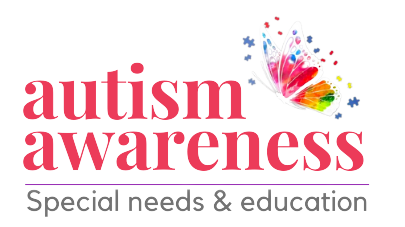
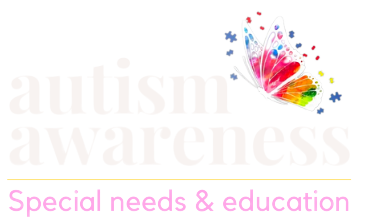
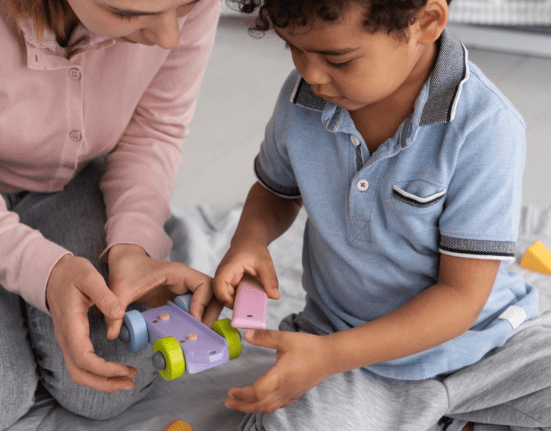
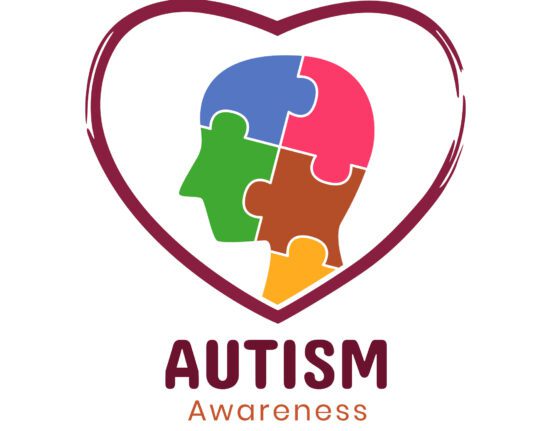



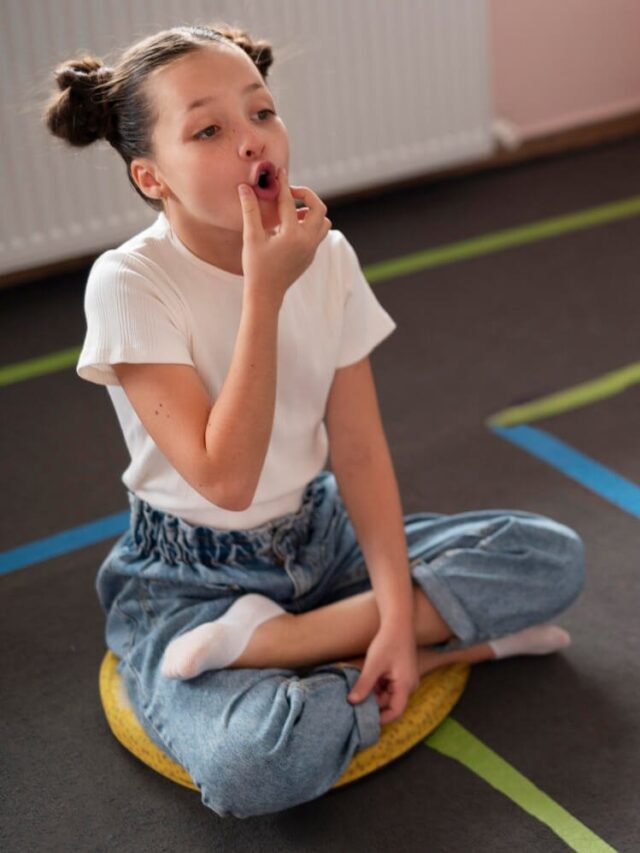


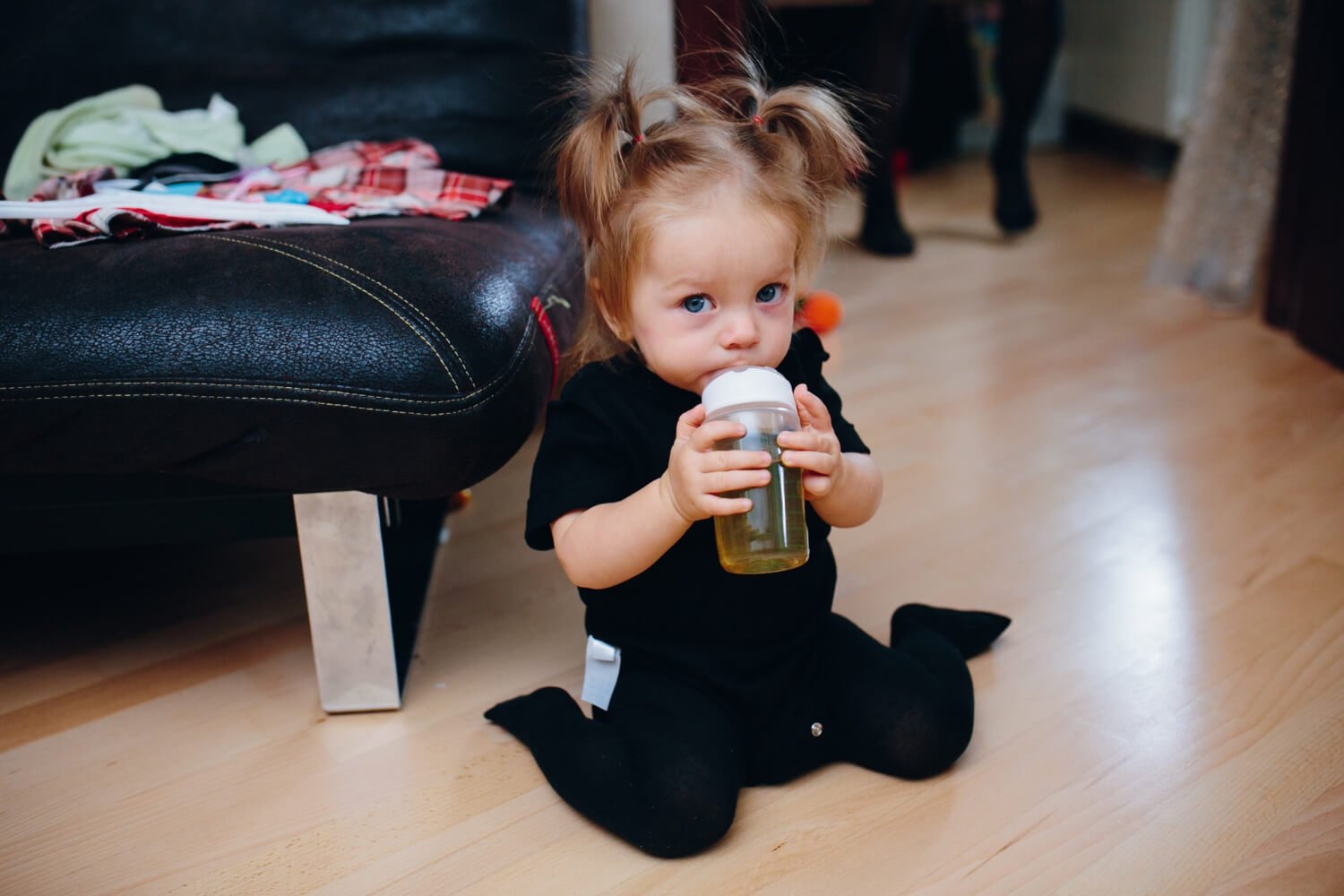

Leave feedback about this